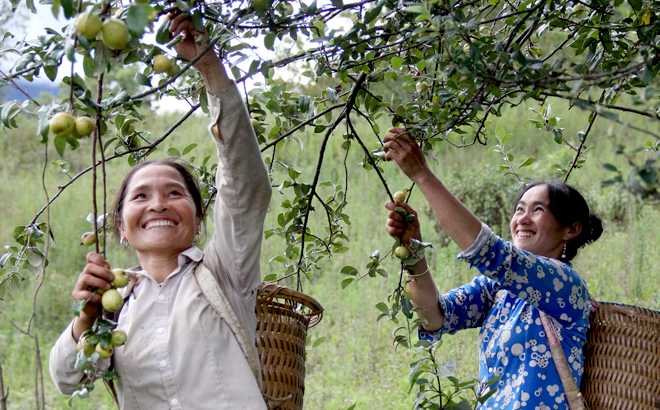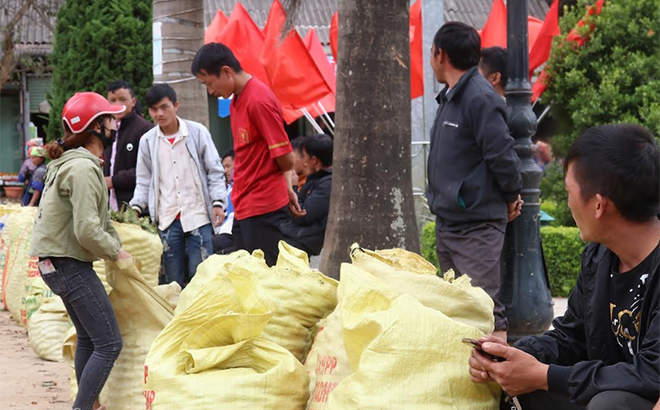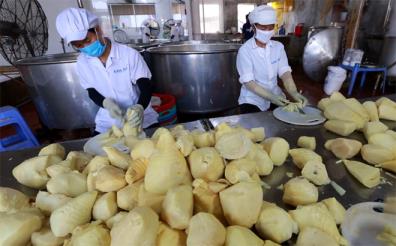Mu Cang Chai aims to gain more profits from crab apples
- Tuesday, October 4, 2022
YBO - Mu Cang Chai district’s crab apple growers had a tough time due to two years of COVID-19. With the pandemic kept at bay this year, favourable weather conditions and good cultivation, crab apple production has seen positive signs with higher prices and output.

|
|
|

Other news
.jpg)
Since 2021, Yen Bai Province has allocated over 600 billion VND from its budget and socialized resources to implement digital transformation initiatives, focusing on information technology infrastructure and related projects.

As a mountainous province located deep inland, Yen Bai boasts significant potential for development. The province is rich in mineral resources with hundreds of mining sites, complemented by breathtaking natural landscapes. Additionally, Yen Bai has planned several concentrated commodity production zones.

According to the self-assessment results for the 2024 Digital Transformation Index, Yen Bai City achieved a total score of 909.5 out of 1,000 points based on the Digital Transformation Evaluation Index for provincial departments, agencies, districts, towns, and cities in Yen Bai Province.

In 2024, despite facing numerous challenges due to rising input material costs, Hoang Lien Son Technical Porcelain joint Stock Company successfully produced and distributed over 3,400 tons of insulating porcelain products of various types, achieving 112% of its annual plan.



